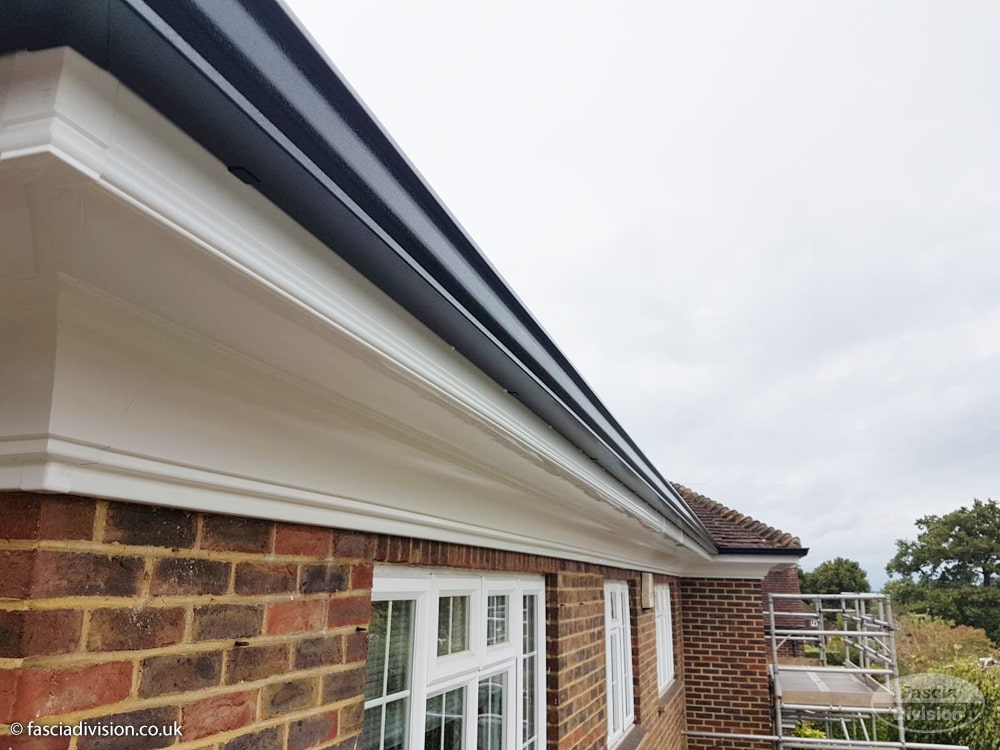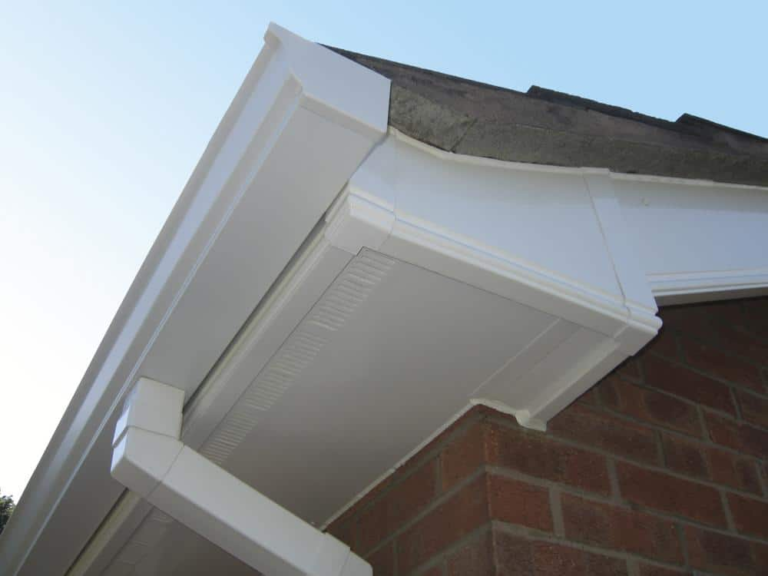10 Things That Your Family Teach You About Fascia And Soffit Repair
Fascia and Soffit Repair: Essential Tips for Homeowners
Fascia and soffit are important elements of a home's exterior, frequently overlooked by numerous homeowners. These elements play a significant function in safeguarding the interior of a home from the elements, while also contributing to the overall aesthetic appeal of the building. Understanding their functions, typical issues, and repair techniques is necessary for maintaining a healthy home. This article will supply a detailed introduction of Fascia and soffit repair (git.suika.org), along with often asked concerns, a useful table, and lists for property owners.
What Are Fascia and Soffit?
Fascia
Fascia boards are horizontal planks that run along the roofline, functioning as a crucial structural element. They supply a completed seek to the roof and act as an assistance system for the bottom row of shingles. In addition, they play numerous vital roles:

- Protection: Fascia shields the roof and underlying structure from water damage and pests.
- Aesthetic appeal: It improves the visual appeal of the home by providing a clean and completed edge.
- Support for rain gutters: Fascia boards are frequently integral in supporting gutter systems.
Soffit
Soffits are the panels that sit below the fascia, developing an enclosed space in between the eaves and the side of the home. They offer both useful and aesthetic features:
- Ventilation: Soffits assist to ventilate the attic, enhancing air circulation and lowering wetness accumulation.
- Security: Like fascia, soffits function as a barrier against insects and weather condition elements.
- Aesthetic connection: Soffits can be completed in numerous products and designs, adding to the overall appearance of the home.
Typical Issues with Fascia and Soffit
Gradually, fascia and soffit can experience numerous issues due to weather, pests, and lack of maintenance. Some common concerns include:
- Rotting wood: Exposure to moisture can lead to wood rot, compromising the structural stability.
- Pest infestations: Insects, birds, and other insects may infiltrate damaged fascia and soffit.
- Peeling paint or staining: Weathering can trigger fading, breaking, or peeling of paint, diminishing aesthetic appeal.
- Water damage: Leaking rain gutters or a damaged roof can cause water pooling, triggering damage to fascia and soffit.
- Mold and mildew: Poor ventilation can lead to mold growth within the soffit area.
Fixing Fascia and Soffit: A Step-by-Step Guide
Materials Required
To effectively repair fascia and soffit, property owners need the following materials and tools:
| Material/Tool | Purpose |
|---|---|
| Replacement boards (wood/vinyl) | To replace broken areas |
| Paint or sealant | To protect versus weather condition |
| Caulk | To seal joints and spaces |
| Ladder | For accessing raised locations |
| Power saw | For cutting replacement boards |
| Drill and screws | For securing the new boards |
| Safety equipment | To safeguard versus accidents |
Step-by-Step Repair
Evaluate the Damage: Inspect the fascia and soffit for indications of damage, such as rot, drooping, or discoloration.
Remove the Damaged Sections: Utilize a power saw to carefully cut out rotten or damaged boards. Bear in mind the surrounding products to avoid more damage.
Prepare the Area: Clean the exposed area to remove debris and guarantee there is a strong surface area to attach the brand-new boards.
Set Up Replacement Boards: Cut brand-new fascia and soffit boards to size. Connect them safely using screws or nails, ensuring they align correctly with the existing structure.
Seal and Paint: Apply caulk to any joints or gaps to prevent moisture seepage. Once the caulk sets, paint or seal the new boards to safeguard versus future weathering.
Examine and Maintain: Regularly examine the fascia and soffit for indications of wear and tear. Implement preventive maintenance to lengthen their life expectancy.
When to Call a Professional
Specific situations may call for hiring a professional for fascia and soffit repair:
- Extensive damage that includes structural components.
- Problem accessing high or high locations.
- Lack of experience or comfort with home repairs.
- Installation of specific materials, such as custom-made aluminum or vinyl options.
FAQs About Fascia and Soffit Repair
Q1: How can I inform if my fascia or soffit requirements to be repaired?
A: Look for indications of water damage, such as staining, peeling paint, or decaying wood. Furthermore, take a look at for insect activity or sagging areas.
Q2: What materials are best for changing fascia and soffit?
A: Common products include wood, vinyl, and aluminum, each offering various benefits in terms of resilience, maintenance, and visual appeal.
Q3: Can I repair fascia and soffit myself?
A: Many property owners can carry out easy repairs, but it's essential to assess your skill level and comfort. For substantial damage or high locations, consider hiring a professional.
Q4: How frequently should I examine my fascia and soffit?
A: It's a good idea to examine fascia and soffit a minimum of twice a year, specifically after heavy rainfall or storms.
Q5: Do I need licenses for fascia and soffit repairs?
A: Most minor repairs do not need authorizations; nevertheless, it's best to talk to regional building regulations and guidelines.
Fascia and soffit repair is a needed maintenance task for house owners that not only preserves the structural stability of the home however likewise improves its visual appeal. Comprehending the typical concerns and knowing how to address them is vital for reliable home repair. Routine inspections and maintenance can conserve significant costs in the long run while guaranteeing a safe and attractive living environment. Property owners ought to feel empowered to do something about it and address these crucial components of their homes.






